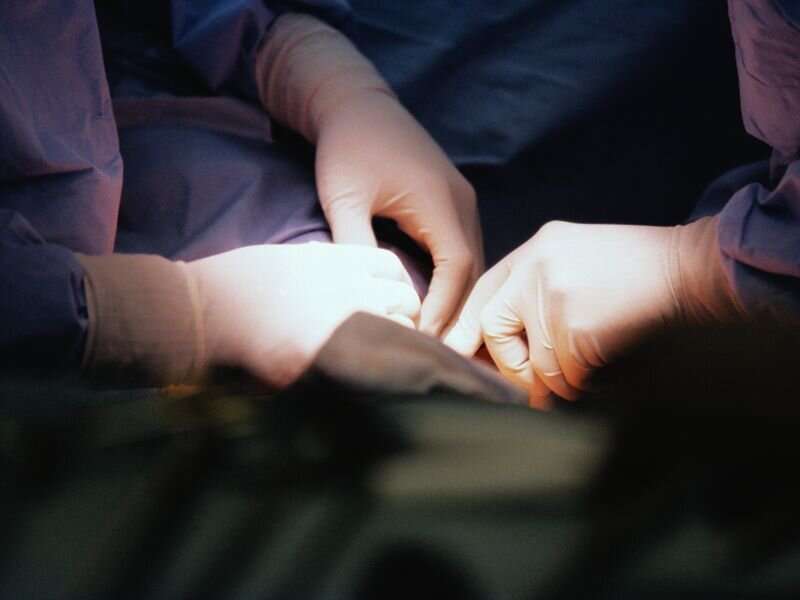
The first-ever nonsurgical heart valve to treat patients with severe pulmonary valve regurgitation, often resulting from congenital heart disease, was approved by the U.S. Food and Drug Administration, the agency announced Friday.
The Harmony Transcatheter Pulmonary Valve System, intended for patients with a native or surgically repaired right ventricular outflow tract (RVOT), improves blood flow to the lungs without the use of open-heart surgery. Use of the Harmony system may allow patients to delay the time before they need to undergo open-heart surgery and can reduce the total number of open-heart surgeries a patient needs in their lifetime, the FDA notes.
During implantation of the device, the surgeon inserts a catheter with a collapsed Harmony valve on the insertion end through a vein in the groin or neck and into the right side of the heart and then into the RVOT. The valve is then placed into position and released from the catheter. It expands on its own and anchors to the RVOT. Once in place, the valve opens and closes to force blood to flow in the correct direction.
The approval of the Harmony device was based on data from the Harmony TPV clinical study, a prospective, nonrandomized, multicenter study in 70 patients who underwent the implant procedure and were followed up at one month, six months, and annually through five years. The FDA notes follow-up has now been extended to 10 years for the postapproval study. For patients with available echocardiography data, 89.2 percent underwent no additional surgery or interventional procedures related to the device and had acceptable heart blood flow function at six months. All patients achieved the primary safety end point of no deaths related to the procedure or device within 30 days following implantation.
The most commonly reported adverse events were irregular or abnormal heart rhythms, leakage around the valve, minor bleeding, narrowing of the pulmonary valve, and movement of the implant.
Approval was granted to Medtronic.
HealthDay

